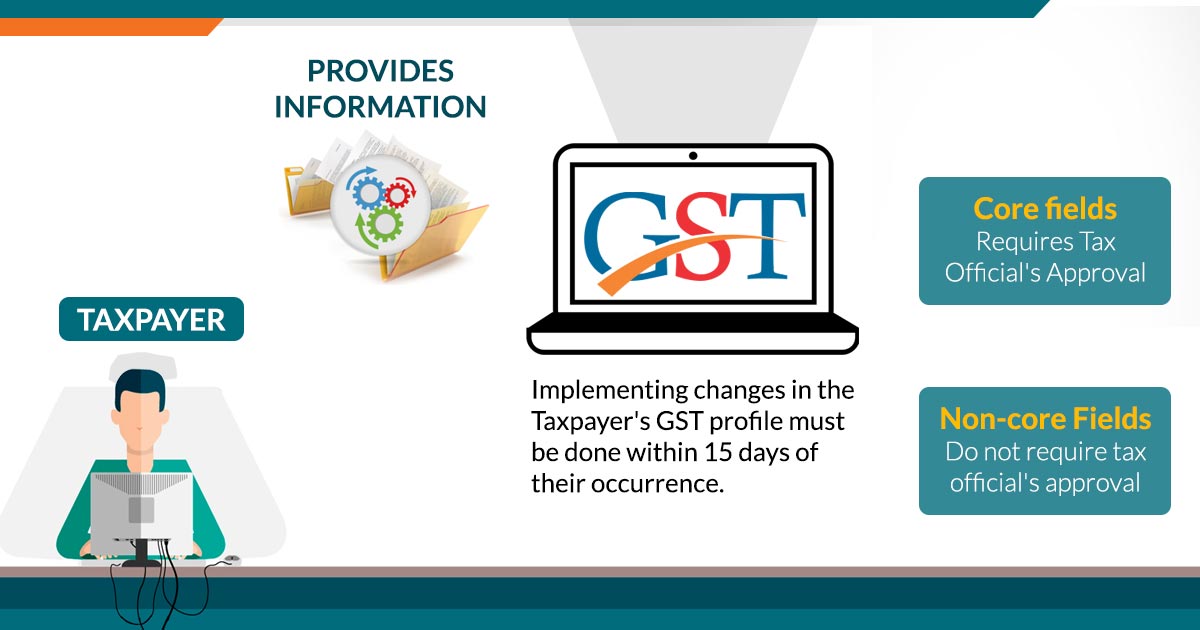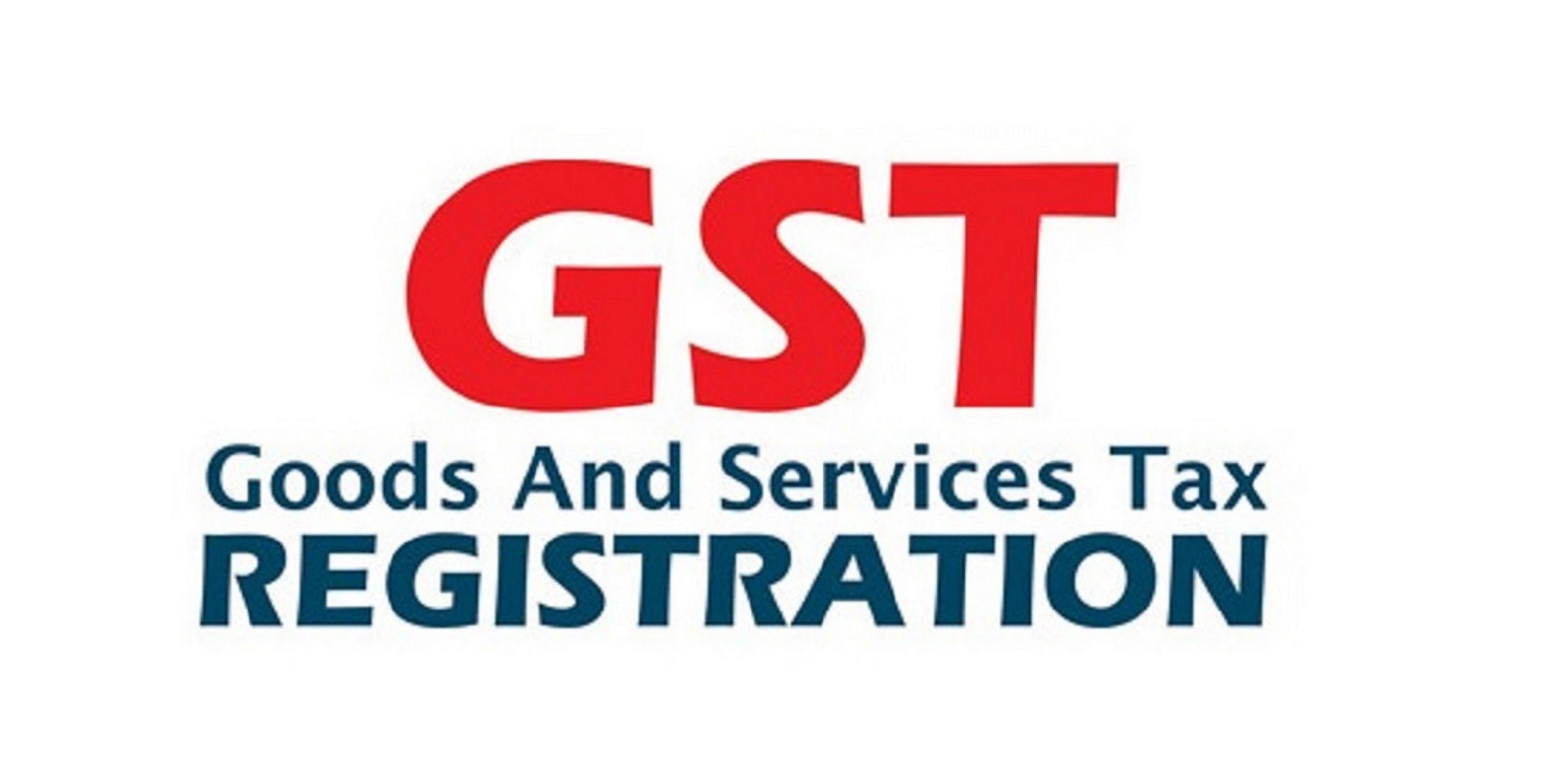Necessary Guide to Singapore GST Registration for New Businesses
Necessary Guide to Singapore GST Registration for New Businesses
Blog Article
The Ultimate Overview to Streamlining the GST Registration Refine and Requirements for Small Company Owners

Recognizing GST Essentials
To grasp the principles of the Product and Solutions Tax Obligation (GST) system, small organization proprietors must initially comprehend its underlying ramifications and principles. Under the GST regimen, services are required to accumulate and register tax on part of the government, making certain transparency and conformity.
One of the vital principles of GST is input tax obligation credit, which permits companies to assert credit report for taxes paid on their purchases. This device stops the plunging effect of tax obligations and promotes effectiveness in the tax system. Furthermore, GST is a destination-based tax, indicating that the tax obligation is levied at the factor of consumption instead of the factor of origin. This makes sure reasonable distribution of tax obligation revenue amongst states based upon where the products or services are taken in. Recognizing these fundamental concepts is important for small business owners to navigate the intricacies of the GST system and make sure conformity with the regulation.
Eligibility Criteria for Registration
Having established a fundamental understanding of GST concepts, small service owners should currently satisfy details qualification standards to proceed with the enrollment process. In India, entities participated in the supply of goods or solutions with a yearly aggregate turnover going beyond Rs. 40 lakhs (Rs. 10 lakhs for unique category states) are needed to sign up for GST. In addition, particular businesses such as those entailed in inter-state supply of goods, laid-back taxed individuals, and those required to pay tax obligation under the reverse fee system have to register for GST irrespective of their turn over. In addition, organizations that were registered under the previous tax obligation regime (VAT, solution tax, etc) are additionally mandated to register under GST. Nevertheless, farming businesses that only supply produce out of primary manufacturing are exempt from GST enrollment. It is important for business proprietors to thoroughly evaluate their eligibility based on these requirements to ensure compliance with the regulation and avoid any type of charges for non-compliance.
Documents Needed for GST Enrollment

Simplified Enrollment Process Steps
Following the collection and confirmation of the requisite papers, the registration process for GST can be browsed through a collection of streamlined steps made to promote effective compliance for tiny service owners. The primary step includes visiting the GST site and choosing the 'New Enrollment' choice. Subsequently, the applicant has to fill up in Component A of the GST REG-01 type with details such as frying pan, mobile number, and email address to get an OTP for verification. When the OTP is received and gone into, a Momentary Reference Number (TRN) is generated for additional procedures. The next action requires completing Component B of the kind with needed business details, publishing sustaining files, and finishing the verification procedure making use of DSC or EVC. Lastly, upon effective verification, an Application Referral Number (ARN) is provided, showing the completion of the GST registration procedure. By adhering to these simplified steps, small company proprietors can effectively register for GST and make certain compliance with tax laws.
Tips for Ensuring Conformity
To keep regulatory adherence and operational honesty, persistent oversight and proactive steps are pivotal in making certain compliance with GST needs for small organization proprietors. Little service proprietors need to remain updated with GST guidelines, submitting deadlines, and any type of modifications in tax obligation prices to avoid charges and keep a good standing with tax authorities. Going to GST recognition workshops or training programs can enhance understanding and compliance with GST policies, eventually benefiting the business in the long run.
Final Thought
To conclude, small company owners description have to recognize the fundamentals of GST, satisfy the eligibility requirements, gather essential documents, and follow sites the streamlined enrollment procedure steps to ensure conformity. By streamlining the GST registration procedure and needs, small company owners can stay clear of charges and operate their businesses efficiently within the lawful framework - Singapore GST Registration. It is essential for small organization proprietors to stay enlightened and certified with GST guidelines to maintain an effective service operation
Tiny company owners looking for GST registration have to ensure they collect and submit the necessary papers to complete the enrollment process efficiently. The papers required for GST enrollment usually consist of proof of business enrollment or incorporation, FRYING PAN (Permanent Account Number) card of the organization identification, entity and address evidence of the promoters/partners/directors, photographs, address proof of the area of company, financial institution account statements or terminated cheques, and permission kinds. Attending GST understanding workshops or training programs can enhance understanding and conformity with GST regulations, eventually benefiting the company in the lengthy run.
By simplifying the GST enrollment process and demands, small company proprietors can stay clear of penalties and run their organizations smoothly within the lawful structure. It is crucial for little organization owners to Extra resources stay educated and certified with GST guidelines to keep a successful service procedure.
Report this page